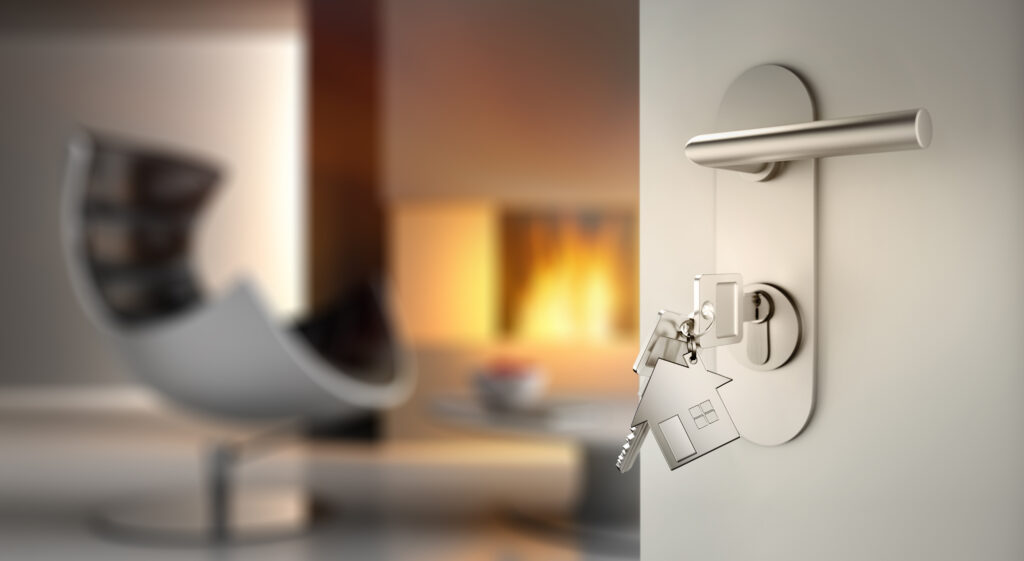Once you list your property, receive offers and get under contract, the buyers will have an inspection period. Their request for repairs will depend on the type of contract that they use. Even if they use an AS-IS contract, in most cases, in order for the buyers to get Homeowners insurance, they will need a clear four point inspection (Examination of the current conditions of a property, reviewing Roof, HVAC, Electric, Plumbing).
During home inspections in Florida, there are several common issues that can result in inspection failures. Getting your home inspected prior to listing it, will help you get the home ready. After all, there is only one chance to make a good impression. Here are some of the main points where inspections may identify problems in Florida homes:
- Roofing: The roof is one area where inspections often reveal issues. This can include damaged or missing shingles, leaks, improper installation, signs of water intrusion, or inadequate ventilation.
- Electrical Systems: Inspectors check electrical systems for any code violations, outdated wiring, overloaded circuits, faulty outlets, improper grounding, or safety hazards like exposed wires or faulty connections.
- Plumbing: Plumbing problems can range from minor issues like dripping faucets to more serious concerns such as leaks, pipe corrosion, clogged drains, faulty water heaters, or inadequate water pressure. Inspectors also look for signs of water damage or mold.
- HVAC Systems: Inspections may uncover problems with heating, ventilation, and air conditioning (HVAC) systems. This can include issues with the furnace, air conditioner, ductwork, or thermostat. Inefficient or malfunctioning systems may result in poor temperature control or inadequate airflow.
- Structural Issues: Inspectors examine the home’s structure for signs of damage or potential problems. This can include issues like foundation cracks, settlement, termite damage, rotting wood, inadequate framing, or sagging floors.
- Moisture and Water Intrusion: Florida’s humid climate can lead to moisture-related issues. Inspectors will look for signs of water intrusion, such as stains, mold growth, musty odors, or excessive humidity. This includes checking basements, crawl spaces, and attics for proper insulation and ventilation.
- Exterior Concerns: Inspections assess the exterior of the home, including siding, stucco, brickwork, windows, and doors. Common issues include rotting or damaged materials, inadequate weather sealing, water damage, or structural flaws.
- Safety Hazards: Inspectors pay attention to safety-related concerns, such as the presence of asbestos, lead-based paint, mold, or radon. They also inspect for proper functioning of smoke detectors, carbon monoxide detectors, and other safety features.
- Pest Infestation: In Florida, inspections often reveal signs of pest infestation, including termites, ants, rodents, or other pests. Evidence of damage or an active infestation can affect the inspection results.
It’s important to note that inspections are meant to identify existing or potential issues, allowing buyers and sellers to make informed decisions. If significant issues are found, negotiations may occur between the buyer and seller to address repairs, adjustments to the sale price, or other arrangements.
If you are thinking about selling your property, let’s talk 813-403-7400.
